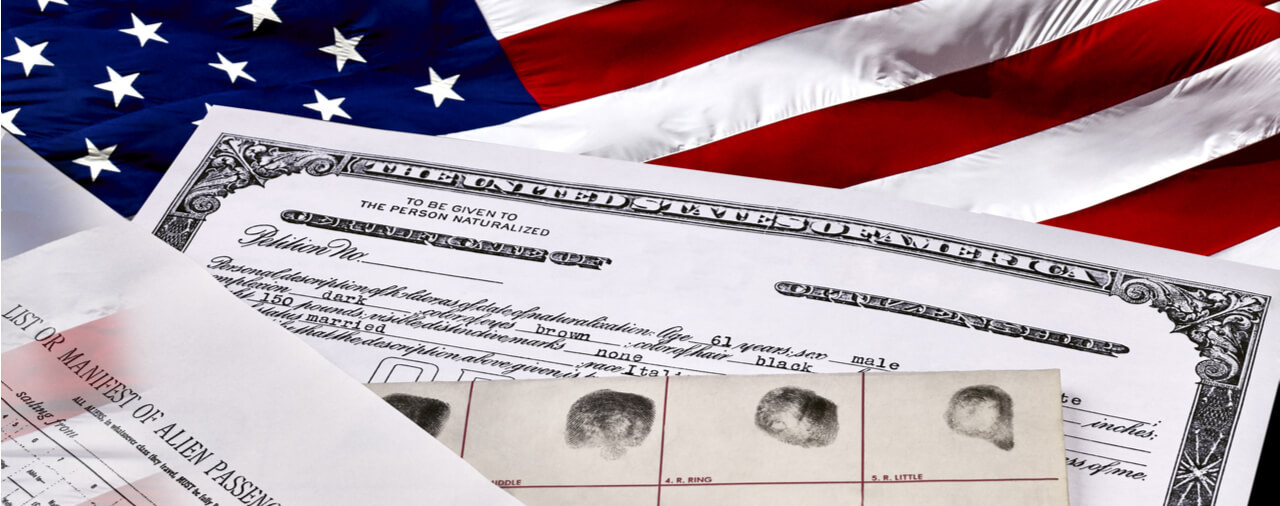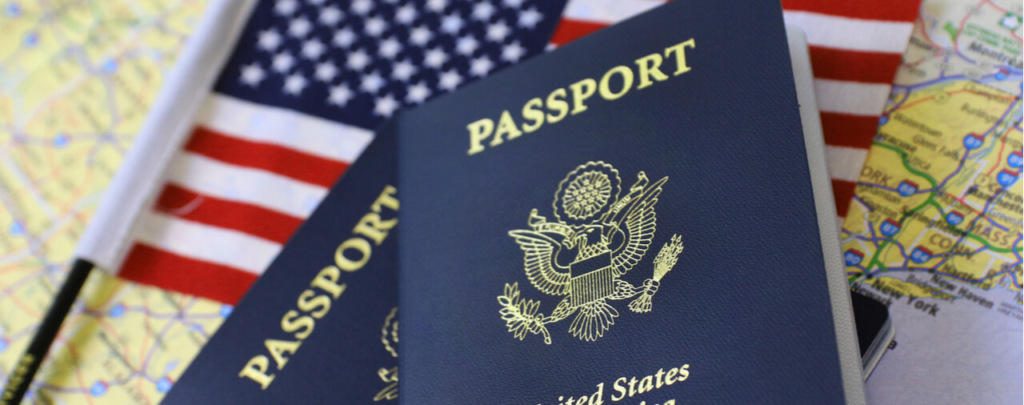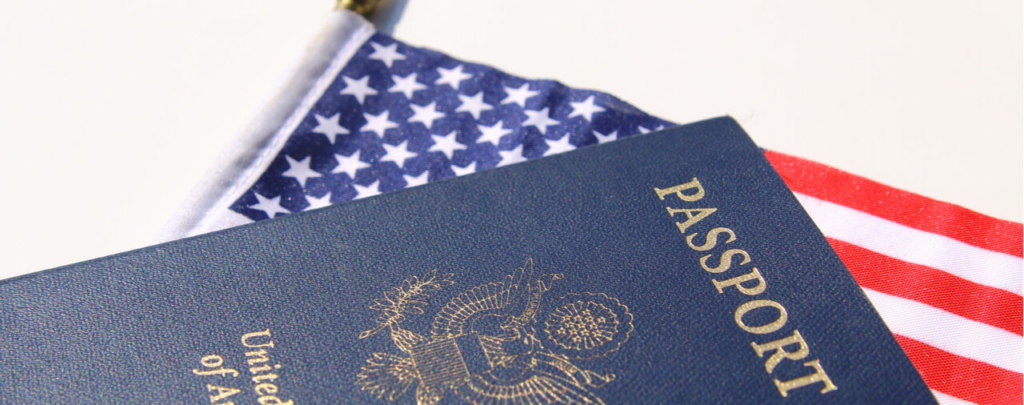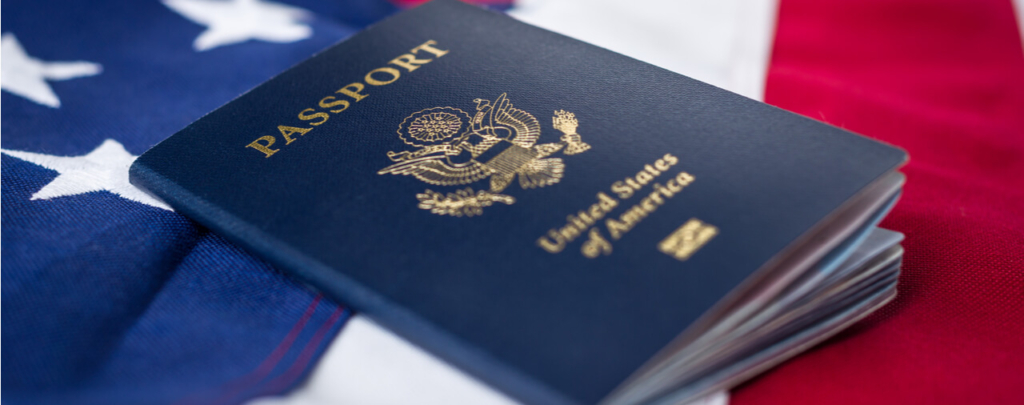- Introduction: Immigration Considerations for Noncitizen Nationals
- Being a Noncitizen National
- Petitioning for Alien Relatives
- Obtaining Certificate of Nationality
- Applying for Naturalization
- Conclusion
Introduction: Immigration Considerations for Noncitizen Nationals
As defined by section 308 of the Immigration and Nationality Act (INA), certain persons born in American Samoa or Swains Island may be U.S. nationals, but not U.S. citizens, at birth. There is also a limited class of persons from the Commonwealth of the Northern Mariana Islands (CNMI) who had the opportunity to opt for nationality without full citizenship. In this article, we will discuss immigration considerations for noncitizen nationals under the INA. Among these considerations are the filing of family-based petitions for alien relatives, acquiring proof of status, and naturalization.
To learn about the distinction between nationality and citizenship, please see our full article [see article]. To learn about acquiring noncitizen nationality through birth, please see our full article [see article]. To learn about acquiring citizenship at birth, please see our full article [see article].
Being a Noncitizen National
Section 101(a)(3) of the INA defines as an “alien” any person who is “not a citizen or national of the United States.” Therefore, although noncitizen nationals are not U.S. citizens, they are also not aliens. INS Interp. Ltr. 325.1(a)(2) explains that noncitizen nationals “are entitled to free entry into the United States in a manner comparable to that enjoyed by citizens.” Noncitizen nationals are not subject to provisions of the INA that pertain to aliens such as those concerning removal, deportation, inadmissibility, employment authorization, and others. Under IIRAIRA 401(d)(6), noncitizen nationals are treated the same as citizens with regard to employment verification. However, noncitizen nationals are not eligible to vote in federal elections even if domiciled in a state or the District of Colombia.
Petitioning for Alien Relatives
The INA only contains provisions for family-based immigrant visa petitions filed by U.S. citizens and permanent residents. Accordingly, this left open the question of whether a noncitizen national could file an immigrant visa petition for an alien relative.
In the Matter of Ah San, 15 I&N Dec. 315 (BIA 1974) [PDF version], the Board held that a noncitizen national has “at least the rights of an alien lawfully admitted for permanent residence” even if he or she never resided in the United States (in this case, the petitioner had only resided in American Samoa). In so doing, the Board followed its precedent decision in the Matter of B——-, 6 I&N Dec. 555 (BIA 1955) in which it held that noncitizen nationals could petition for alien relatives under the same provisions as permanent residents.
These two decisions establish that noncitizen nationals may petition for alien relatives under the provisions available for permanent residents to petition for alien relatives, and need not reside or have resided in the United States in order to file such a petition. To learn more, please see our full article [see article].
Obtaining Certificate of Nationality
Under section 341(b) of the INA, a noncitizen national may apply for a certificate of noncitizen national-status if he or she:
1. Proves to the satisfaction of the Secretary of State that he or she is a noncitizen national; and
2. If born outside of the United States or its outlying possessions, takes and subscribes, before an immigration officer within the United States or its outlying possessions, the oath of allegiance required under the INA for a petitioner for naturalization (and may only obtain a certificate if in the United States or one of its outlying possessions).
However, due to receiving few requests for certificates of noncitizen national status, the DOS explains that “there is no justification for the creation of a non-citizen national certificate” [link]. Instead, DOS allows those who would be eligible for a certificate under section 341(b) to apply for a passport “that would delineate and certify their status as a national but not a citizen of the United States.” When applying for such a passport, the noncitizen national must demonstrate that he or she qualifies under section 341(b), execute a Form DS-11, and show documentary proof of noncitizen national status as well as identity.
Applying for Naturalization
Under section 325 of the INA, noncitizen nationals are eligible for naturalization. As implemented in 8 C.F.R. 325.2, a noncitizen national must meet the following requirements in order to be eligible for naturalization:
Become a resident of any state;
Comply with all of the applicable requirements of sections 316 and 319 of the INA, except as modified by section 325.
Under section 325, “physical presence” for naturalization for noncitizen nationals includes physical presence in outlying possessions. Under current policy found in the USCIS Policy Manual [see 12 USCIS-PM D.3], a noncitizen national must reside for 3 months (or not required depending on qualifications) in the state or USCIS Service District from which he or she is filing an application in order to be eligible for naturalization.
Other than as modified under section 325, noncitizen nationals must meet the same requirements as any other applicant for naturalization (e.g. good moral character (GMC), English and civics knowledge, attachment to the constitution) [PDF version of USCIS guide (see pages 2-3)].
Conclusion
Because noncitizen nationals are not considered “aliens” under the INA, they are not subject to its immigration enforcement provisions. However, as we discuss in this article, if a noncitizen national wishes to petition for an alien relative, obtain a certificate that shows his or her status, or apply for naturalization, he or she is well advised to consult with an experienced immigration attorney.





